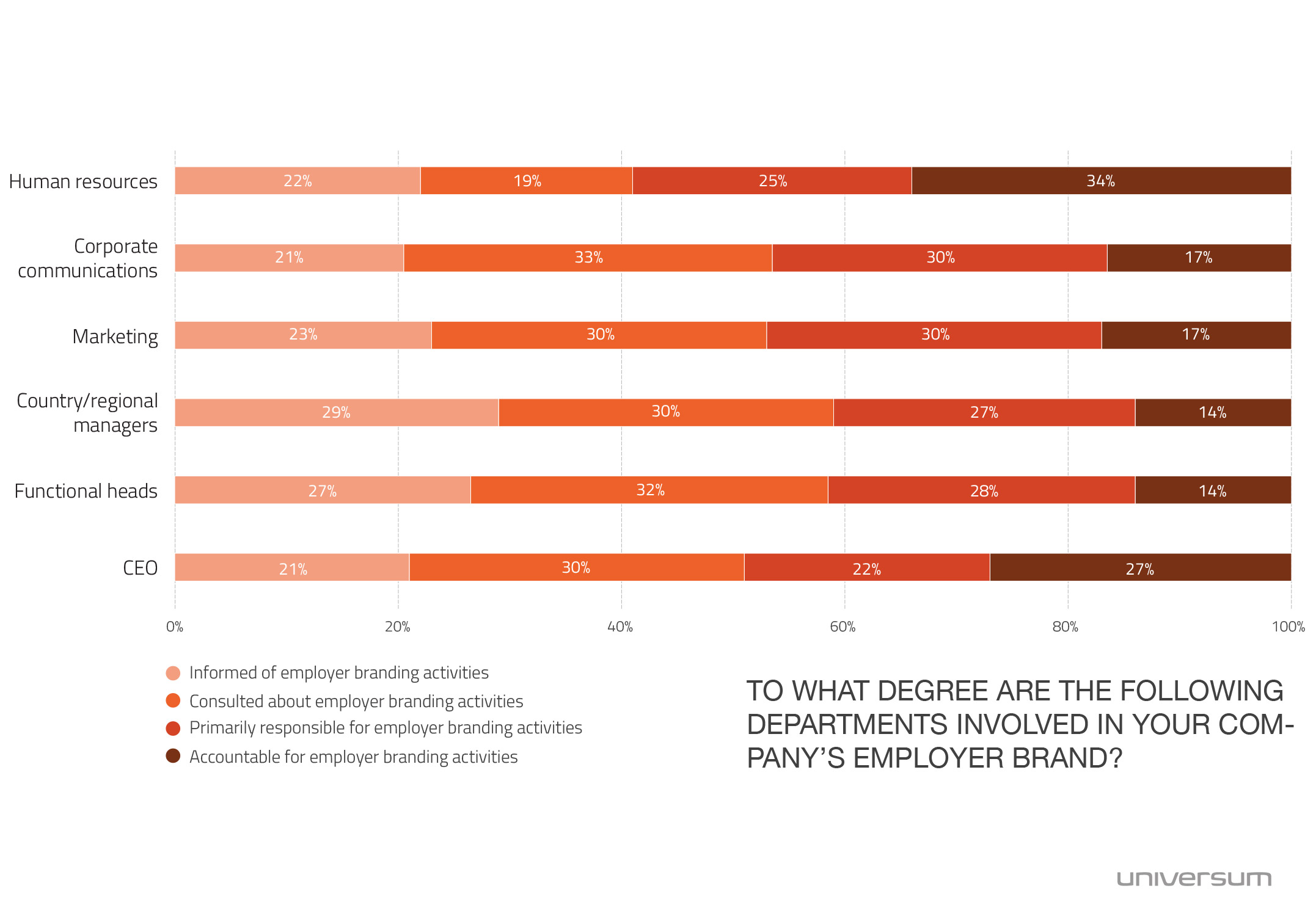 It’s a no-brainer that businesses rise or fall on the strength of the talent they attract to key leadership positions. What’s surprising is how many businesses understand this simple truth, but fail to implement comprehensive strategies to effectively compete for talent. For example, 93 percent of CEOs are aware of inadequacies in their talent attraction strategies, but more than 60 percent report they haven’t addressed these problems, according to PwC.
It’s a no-brainer that businesses rise or fall on the strength of the talent they attract to key leadership positions. What’s surprising is how many businesses understand this simple truth, but fail to implement comprehensive strategies to effectively compete for talent. For example, 93 percent of CEOs are aware of inadequacies in their talent attraction strategies, but more than 60 percent report they haven’t addressed these problems, according to PwC.
For some businesses, the problem is insufficient attention to the candidate experience, while for others it’s an ineffective applicant tracking system. However for far too many, the problem is the lack of a robust employer brand.
A Smart Investment
The stakes couldn’t be higher, according to a recent study from LinkedIn. When top talent accepts a job offer, a strong employer brand is twice as important as a strong company brand, particularly for candidates under the age of 40. A strong employer brand reduces the cost of new hires by half and cuts employee turnover by 28 percent on average. For employers seeking to increase productivity and cut costs, these findings indicate that establishing a powerful employer brand represents a sound business investment.
Why Employer Brands Fail
These findings beg the question of why so many companies are unsuccessful in activating powerful employer brands. To answer that question, We conducted a survey of more than 2,000 CEOs and C-level executives in HR, marketing, branding, and recruitment.
Who Owns Employer Branding?
 What Universum found was sharply divided opinions among key leaders regarding who has principal accountability for employer branding. For example, some 60 percent of CEOs feel that this is their responsibility, with only 32 percent assigning that accountability to HR. HR executives disagree. Fifty-eight percent assert that they own employer branding.
What Universum found was sharply divided opinions among key leaders regarding who has principal accountability for employer branding. For example, some 60 percent of CEOs feel that this is their responsibility, with only 32 percent assigning that accountability to HR. HR executives disagree. Fifty-eight percent assert that they own employer branding.
When all responses are tallied, including those of talent executives, the divergence of opinion is even more apparent. Overall, 34 percent of respondents viewed HR as primarily accountable for employer branding, but marketing and corporate communications got the most votes (30 percent each) in terms of principal responsibility. And although 41 percent viewed HR as having a more passive, consultative role in the process, the other departments were seen as being consulted more often than HR.
What This Identity Crisis Means for Your Business
It’s not hard to imagine what would happen if key leaders in your business couldn’t agree about who owns marketing, finance, or IT. Lacking leadership and a clear assignment of roles, those areas would falter, with every important decision becoming a point of contention. The same is true when it comes to your talent attraction strategy, and in particular, ownership of employer branding.
To attract the talent you need to help your business thrive, you need an employer brand that is consistent, trustworthy, authentic, and unique. Achieving that goal begins by adopting a thoughtful and disciplined approach, one characterized by clear objectives, effective strategy, and clear ownership.